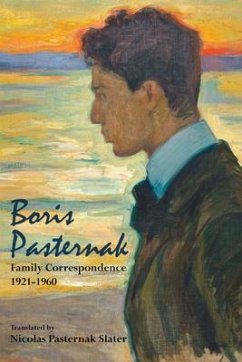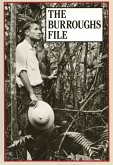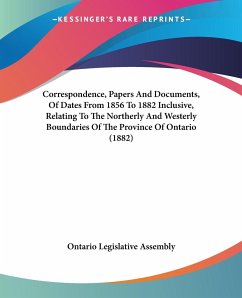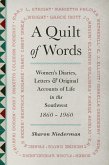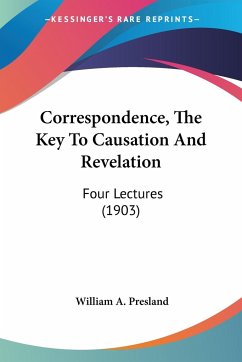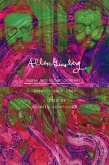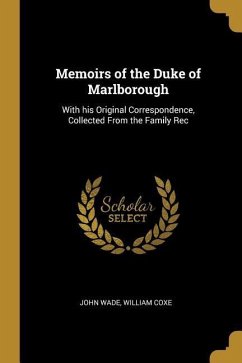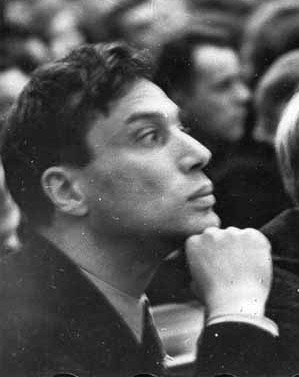Best known in the West for his epic novel Doctor Zhivago, Boris Pasternak is most celebrated in Russia as a poet--perhaps the most influential Russian poet of the twentieth century. But this is only one of the many little-known facts of Pasternak's life that come to light in this extensive selection of his correspondence with his family from 1921 to 1960. Pasternak was born into a prominent Jewish family in Moscow, where his father, Leonid, was a professor at the Moscow School of Painting and his mother, Rosalia, was an acclaimed concert pianist. The highly cultural environment of his parents' home was open to such guests as Rachmaninov, Rilke, and Tolstoy; even after their voluntary exile, his family were to play a crucial role in Pasternak's life and work. In the early 1920s he wrote largely autobiographical poetry and novellas, but from the mid-1920s on he moved away from personal themes to focus on the meaning of the revolution. In the 1930s and 1940s, Pasternak's works fell out of favor with the authorities and were not printed; he was obliged to earn a living from translations. Despite the appalling difficulties in communication, his ongoing dialogue with his family became ever more important during the last twenty-five years of his life. World War II and Stalin's wave of mass persecutions after the war led to many interruptions and prolonged suspensions of the family's correspondence. When Doctor Zhivago brought him the Nobel Prize for Literature in 1958, Pasternak was forced to decline the honor because of official pressure in his home country: the novel was banned in the Soviet Union, and Pasternak was expelled from the Union of Soviet Writers. An authentic and penetrating account of Russian life in the turbulent era of revolutions and wars, the story of Yuri Zhivago and his great love, Lara, was partly modeled on Pasternak and his companion, Olga Ivinskaya. At times equalling the drama and intensity of his fictional work, these letters, along with more than fifty illustrations and photos, offer unprecedented insights into the life and work of one of Russia's literary giants.

